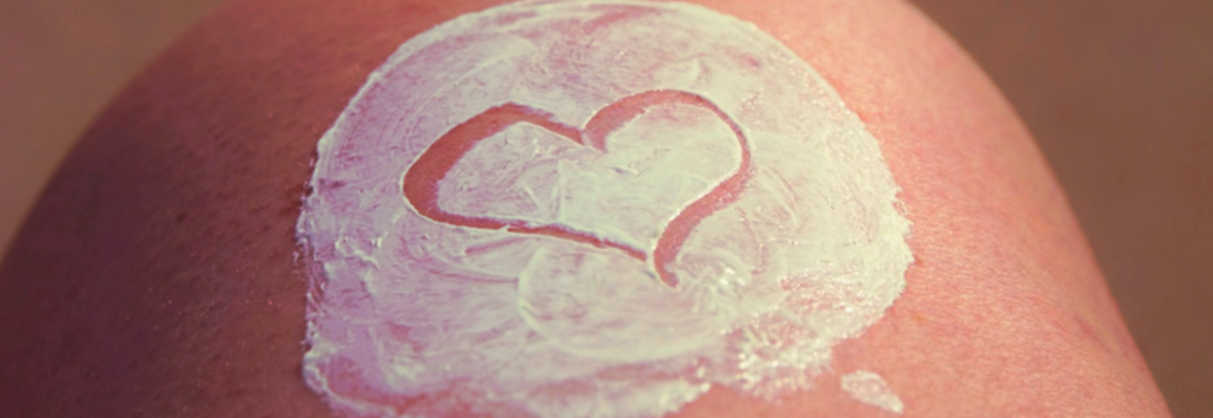Newsletter Signup - Under Article / In Page
"*" indicates required fields
After biofuels and carotenoids, Deinove is now moving forward on the cosmetics front. Its engineered microbes can produce a number of interesting chemicals for skin care, and Deinove plans to bring them to market until the end of 2018.
Deinove is a key synbio biotech in France and has found a wide range of applications for its library of Deinococci and rare bacteria, covering a fair share of the biorefining spectrum. The company has now results of its research in the fields of cosmetics, having put together a catalog of promising active ingredients.
After an extensive screening of the microorganism library, Deinove partnered with Bordeaux-based laboratory Fluofarma to assess a pre-selection of strains with in vitro cell assays. Deinove is now looking at a dozen of strains that could be applicable to the cosmetic and beauty industry. One focus is skin care, for which compounds with antioxidant properties are useful. A major area of research covers anti-aging and repairatives, anti-inflammatory and compounds activity on lipid metabolism, which is sought after for slimming and anti-cellulite products.

Deinove has already announced a partnership with Greentech to help bring the compounds to market. Founded 25 years ago in France, Greentech focuses primarily on producing active compounds with plant biotechnology, having extended its scope to algae and microorganisms. Its distribution network, active in over 30 countries, could soon feature chemical compounds from Deinove’s bacteria.
The goal is to bring the products to market within 18 to 24 months. As they follow the cosmetic route, commercialization is much faster than a pharmaceutical product, although Deinove seems to be eyeing some applications bordering on health, such as post-operative skin care.
This new deal with Greentech adds up to other partnerships for different applications, such as industrial biobased chemicals with Tyton BioEnergy (US) using tobacco crops and with Arbiom (France) using wood residues, along with a collaboration with POS Bio-Sciences (Canada) for its program on carotenoids.
The strategic focus on the cosmetics, nutrition and health markets has been reiterated on the Deinoves’s disclosure of 2016’s annual results. The company finished the year with €9.3M in cash and a modest increase in income. Among the major highlights of the year is the reclaiming of subsidiary Deinobiotics, which could be its first foray into health. Meanwhile, its research program in bio-ethanol has been suspended, reflecting the tough economic landscape of biofuels – something discussed during the synthetic biology panel of the last edition of Refresh.
Images from chezbeate/Pixabay and Deinove
Partnering 2030: FME Industries Report







